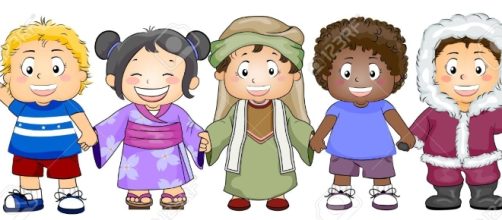Whenever I meet someone for the first time, I always dread being asked the question, "What are you," or "Where are you from?" While this question may seem like a harmless curiosity for outside onlookers, I trust that many others of the Asian-American community understand where I'm coming from.
This question hints that I'm not American
While the asker of the question may not mean anything by asking these questions, they do get old. Imagine constantly being asked where you're from, and then being asked where your parents are from after revealing that you were Born And Raised in the US.
Now imagine them being offended when you decline to answer, or when you snap because it's your 50 millionth time being asked that question for the week.
This is a scenario that's happened to me many times, and if I could only make people phrase their curiosity better, I would. If curious acquaintances asked "what is your ethnicity?" when meeting me for the first time, I would not be offended. However, being asked "What are you," or "Where are you from" implies that they think of me as other; as something that is not American, even if only in their subconsciousness.
Wording and articulation are important
In times of intense politico-social tensions questions like these regarding ethnicity become increasingly important.
With news of anti-Asian violence and actions being reported in English and Chinese news channels alike, even the most level-headed person would be a little hesitant to answer the question, "What are you?" At the end of the day, there is no reason why someone needs to know, and no reason why it should affect how they perceive me as a person. Additionally, not knowing my ethnicity does not affect the topics they could discuss when attempting to make small talk.
I was born and raised in America, and this is the country that I pledge my allegiance to. Having an ethnicity that is not a mix of European countries does not make me any less American than the babies that were in the same hospital nurseries as me whose ancestors were of such lineage.
However, I do understand that people are naturally curious about others, and will often ask to satisfy their curiosities.
To these people, I pose the question: Why not just ask "What is your ethnicity?" Asking for ethnicity implies that you don't think of me and others like me as an other, and it signifies that, even subconsciously, you view America as being made up of people of all ethnicities.


